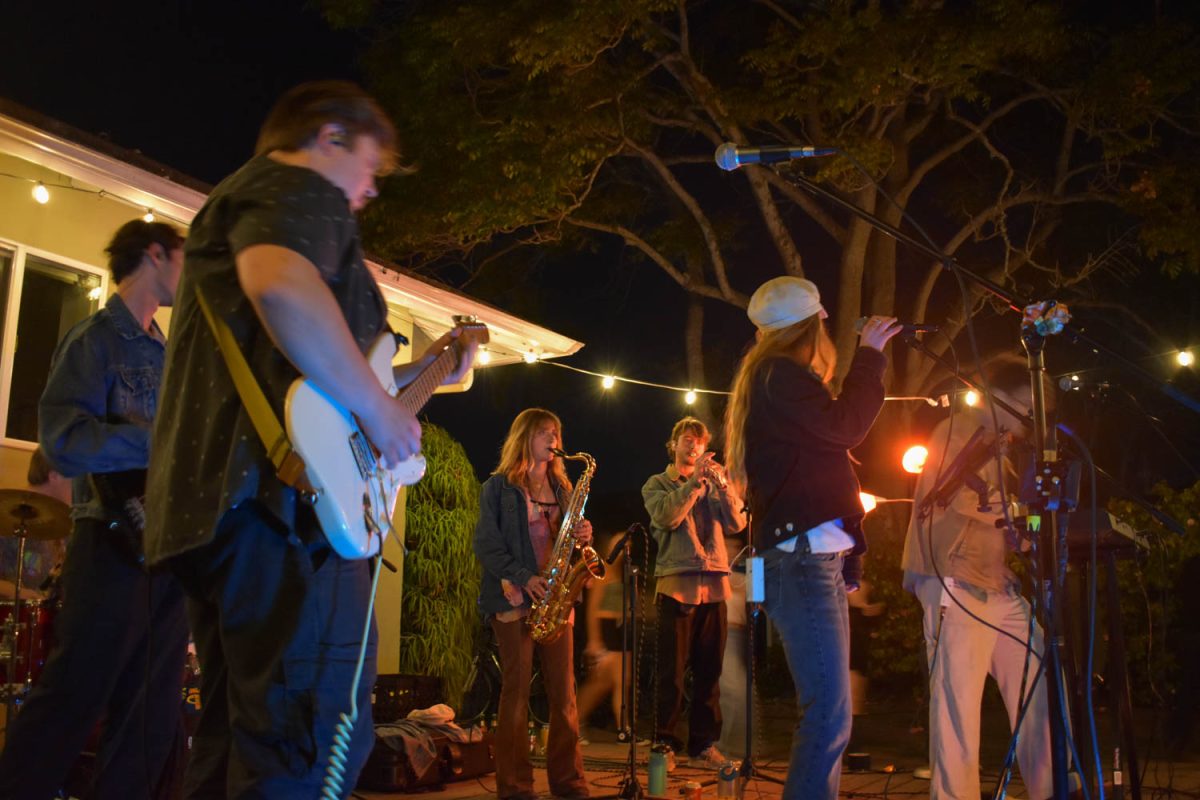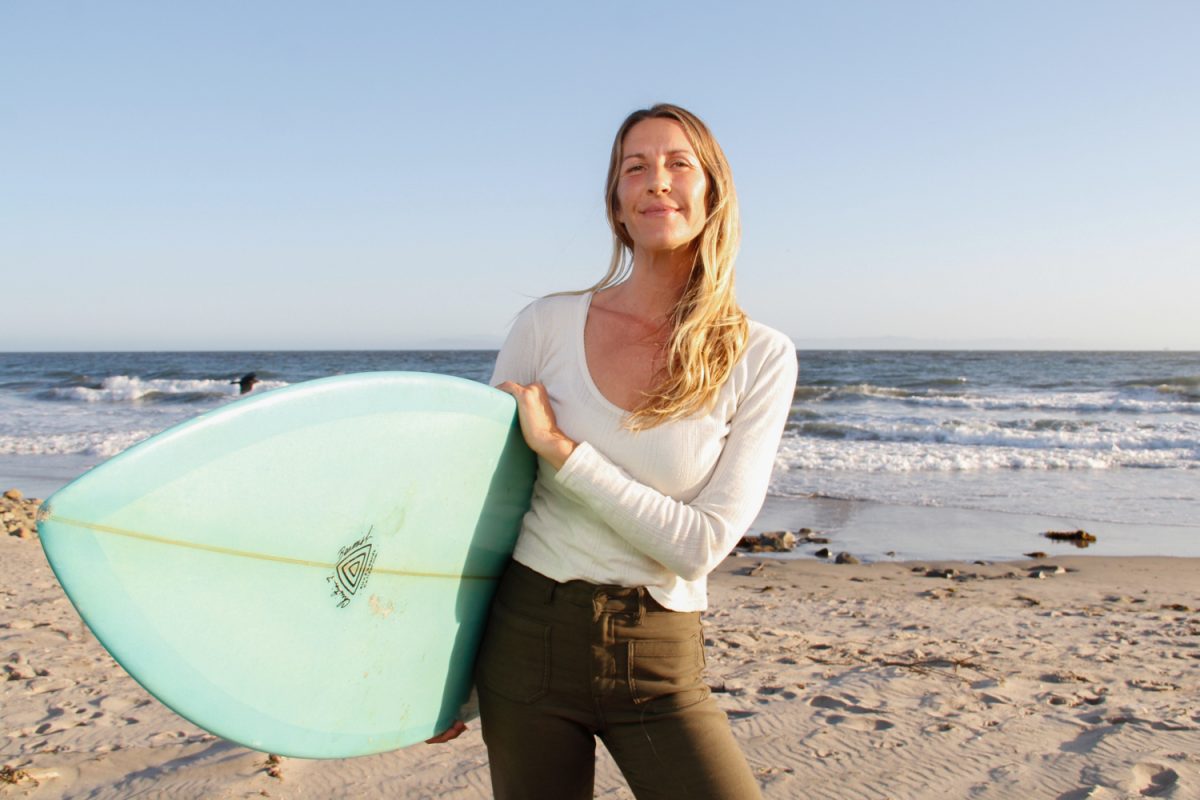California is on track to decriminalize the possession and use of psilocybin mushrooms, or “magic mushrooms.” Although Gov. Newsom has not made an official decision, there are plenty of strong opinions in the community. With our students on opposing views on this topic, we asked our staff, “What are the pros and cons of decriminalizing psilocybin mushrooms?”
Taajvi Singh, Staff Writer
California is on track toward decriminalizing psilocybin mushrooms. This is amazing news–some people might say mushrooms are harmful, but studies prove otherwise. The pros of psilocybin mushrooms are endless; many studies have shown that mushroom therapy can help drug addiction and depression.
Psilocybin mushrooms, otherwise known as “magic mushrooms” have been used for centuries. The National Library of Medicine asserts that one of the first recorded uses of magic mushrooms was in Spain 6000 to 8000 years ago, where depictions of the mushroom were painted on cave walls. This indicates that magic mushrooms have been used for a really long time.
A study from John Hopkins university on breaking nicotine addiction with mushroom therapy stated that “80% of participants who underwent psilocybin therapy quit smoking, and 60% of them were still abstinent 16 months later.” This proves the chances of quitting smoking are much higher if you do psilocybin mushroom therapy versus other traditional forms of therapy.
If you still believe this isn’t convincing enough, other studies have shown that mushrooms can help reprogram the brain when it comes to depression, furthermore proving how helpful they actually are.
According to the National Library of Medicine, “controlled trials have shown the benefit of psilocybin in the treatment of varying types of depression. One trial evaluated psilocybin and escitalopram as treatments for depression, and psilocybin was found to be superior.”
After looking at all the research, I believe that mushrooms have more pros than cons. If we decriminalize them we would see a lot of people get the help they need. Magic mushrooms will also help more people who want to seek help but not take medicine with their mental health.
By 2025, we could have children high on magic mushrooms running rampant through the streets of California.
On Sept. 7, the California State Senate passed a bill that would decriminalize the personal possession and use of psilocybin mushrooms. If signed by Governor Gavin Newsom, the bill will go into effect in 2025.
Many people see this as an overtly positive change, but I see it as a reckless decision that could have lasting negative effects on California’s youth.
Psilocybin has not been researched thoroughly enough to be deemed safe to decriminalize. While the United States as a whole has taken a huge leap forward in recent years with psychedelic research, there’s still much to be known about the potential risks of such a powerful drug.
I acknowledge the fact that in many ways, psilocybin is a safe drug. Psilocybin mushrooms are non-addictive, have a very low level of toxicity, have been shown to ease depression and anxiety, and can even help to break people’s addictions. That being said, there are frightening psychological and physical risks that need to be accounted for.
There may be no known lethal dose, but as with any drug, too high of a dose can have terrible effects. A lot can go wrong when taking any psychedelic drug: taking too much, being in the wrong headspace, or being in an uncomfortable environment could result in having a negative experience, known as a “bad trip”.
Someone having a “bad trip” can have distressing hallucinations and feelings of paranoia, panic, and fear. In some cases, it can have lasting psychological effects. What could an experience like this do to the underdeveloped brain of a 10-year-old child who in 2025 could have much easier access to the drug? The answer is we don’t know, and until we do fully understand the risks, we shouldn’t make this a possibility.
I can’t in good conscience tell you that I think psilocybin is a bad drug. I’ve used it multiple times myself and I don’t think anyone should be arrested for the use or possession of the drug. That being said, I believe that more research into the potential risks and the safest way to cultivate and sell the product needs to be done.


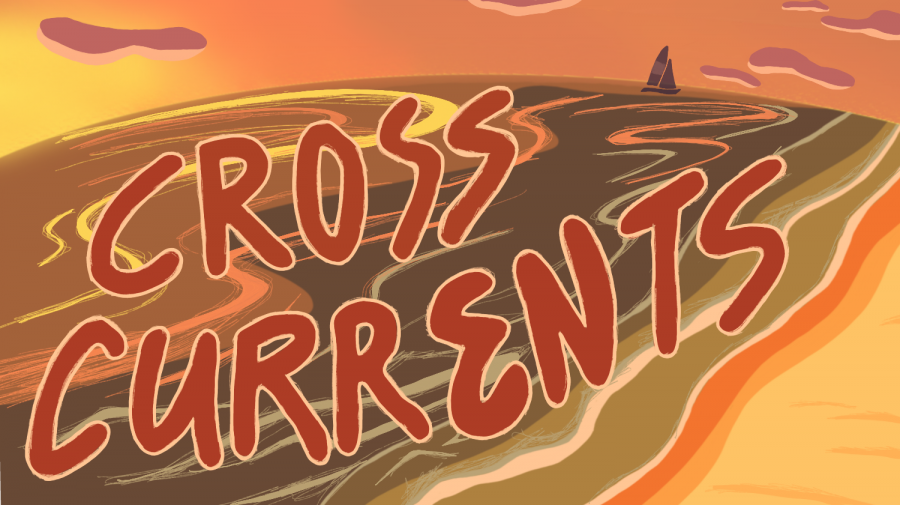

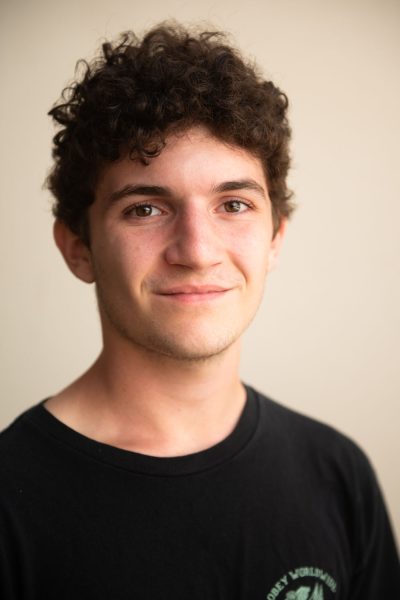

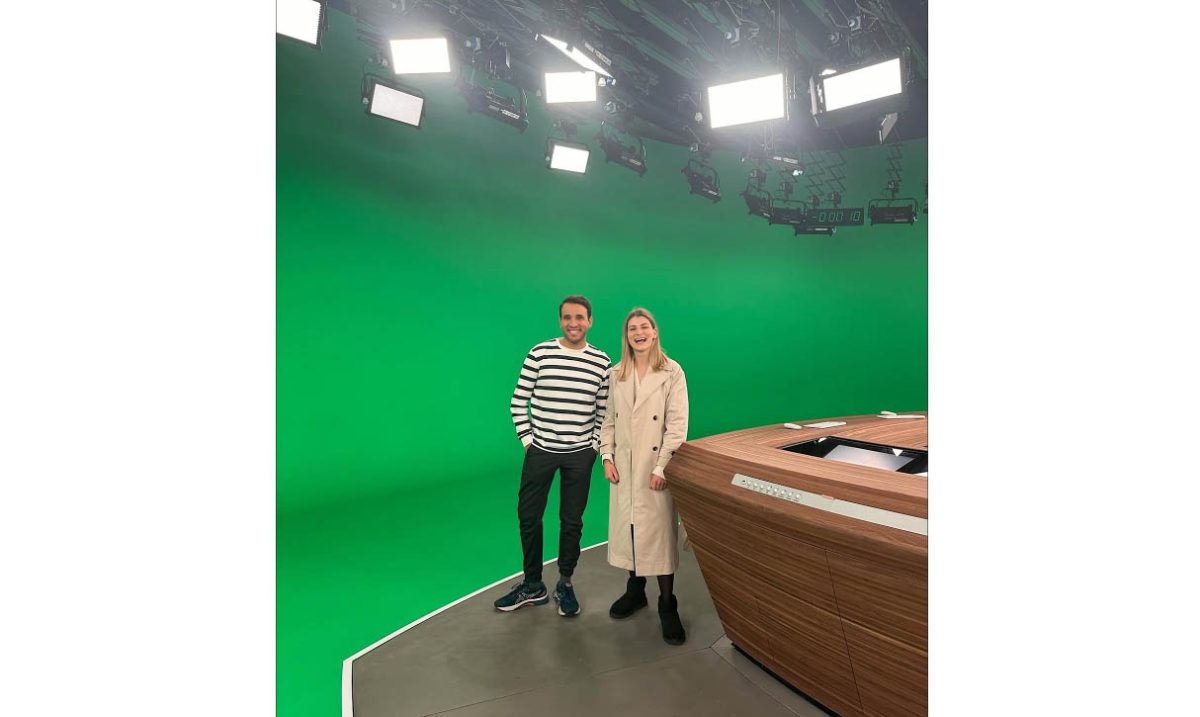


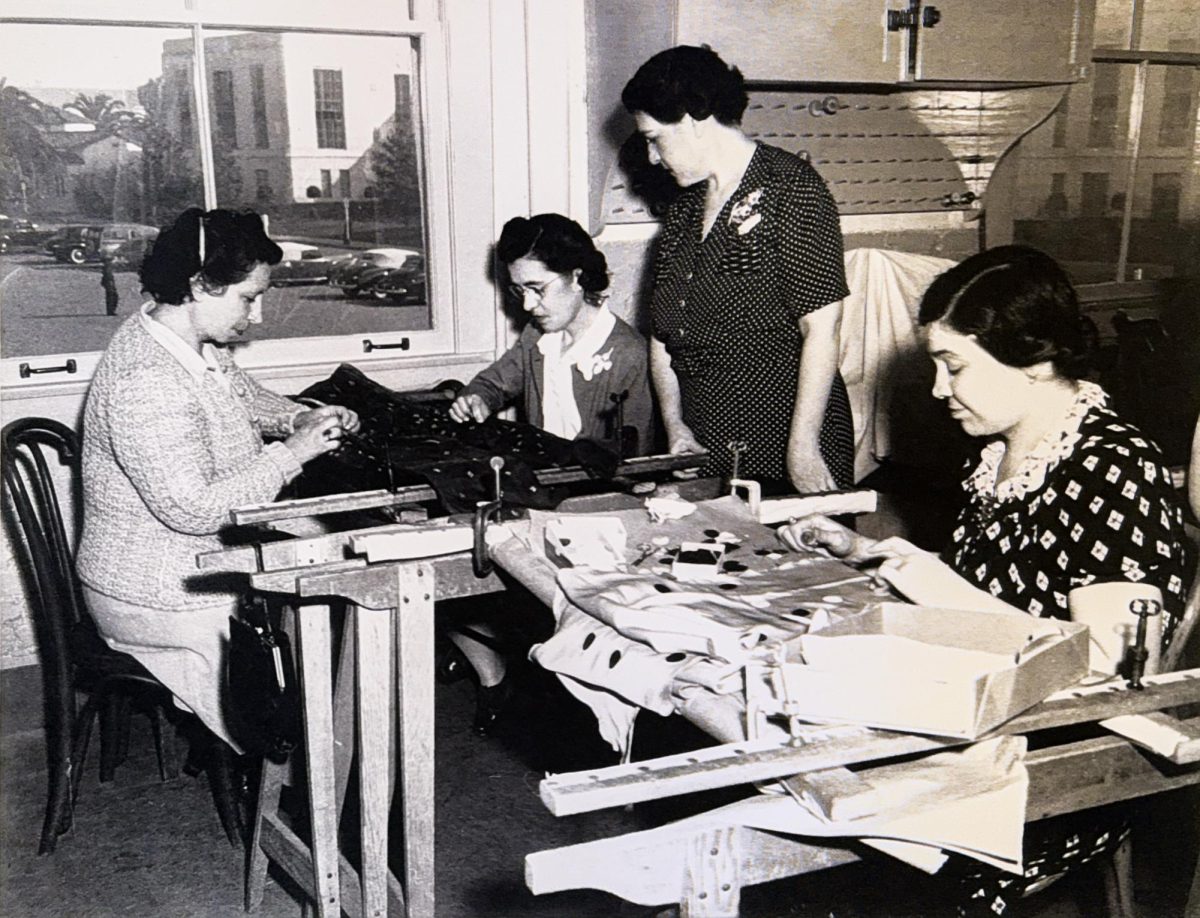



![Milton Alejandro Lopez Plascencia holds a flag showcasing the United States and Mexico on Feb. 7 in Santa Barbara, Calif. “It’s heartbreaking to see what is happening all across the country,” Lopez Plascencia said. “I [want] my voice to be heard by the community.”](https://www.thechannels.org/wp-content/uploads/2025/05/MGSImmigration-1-1200x800.jpg)

